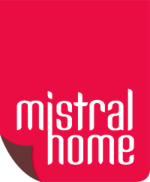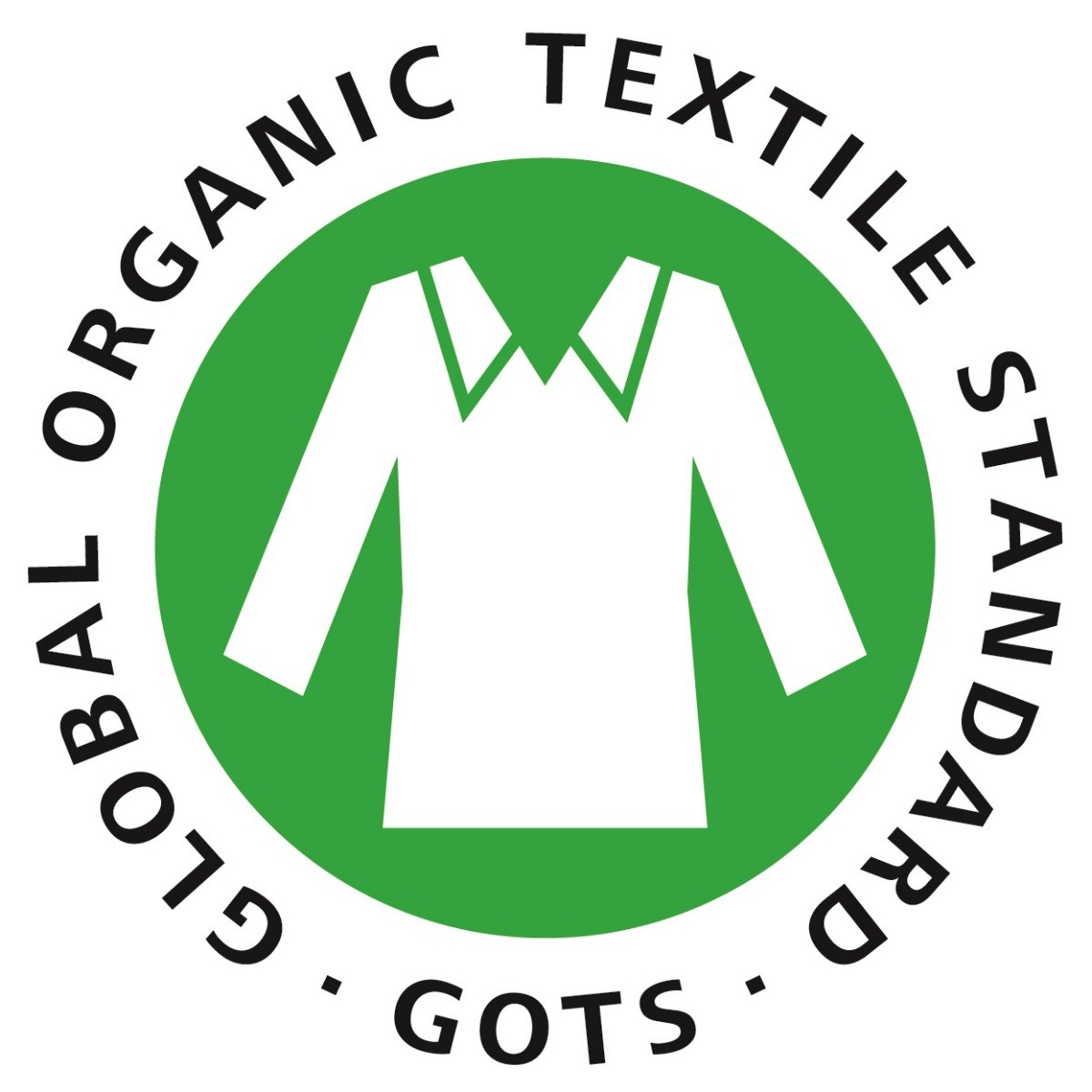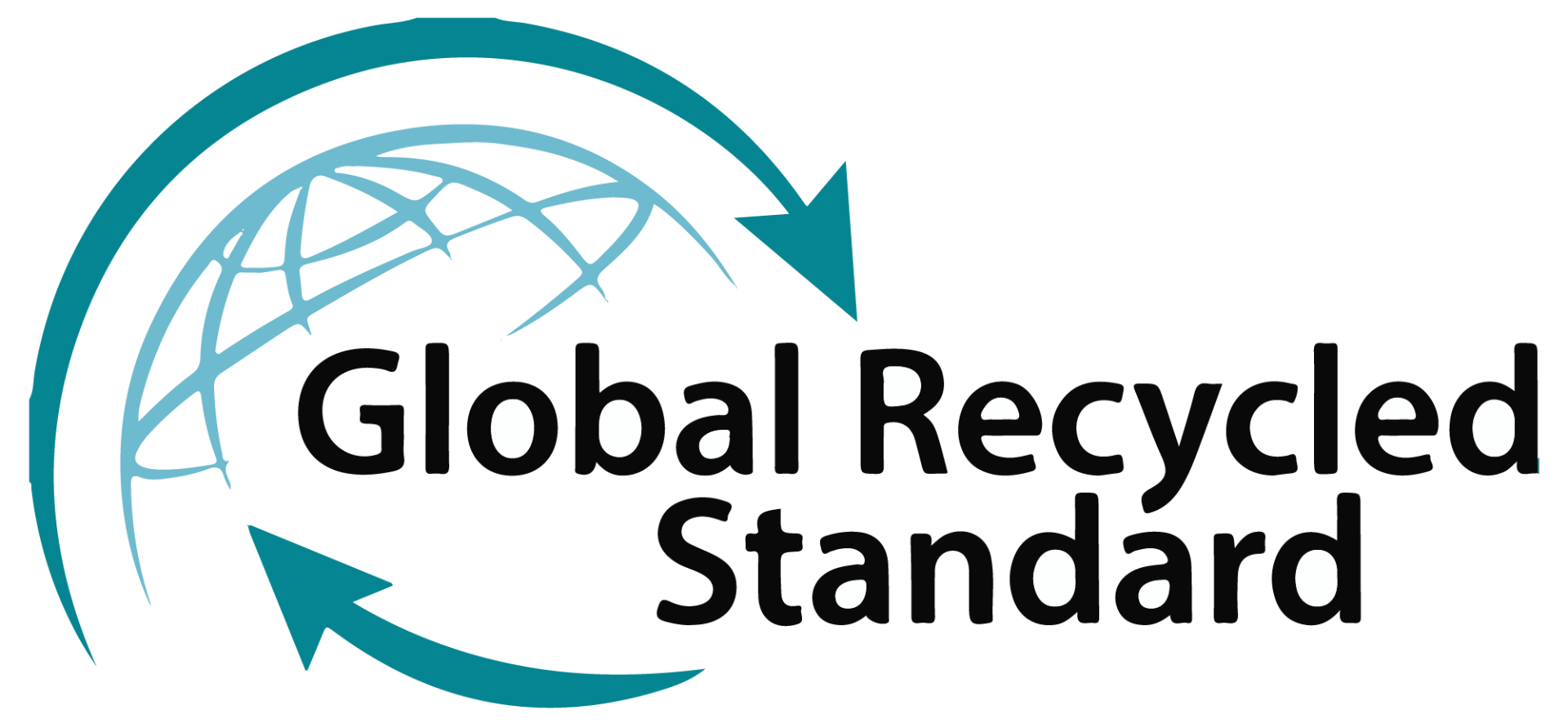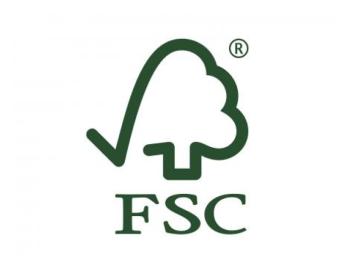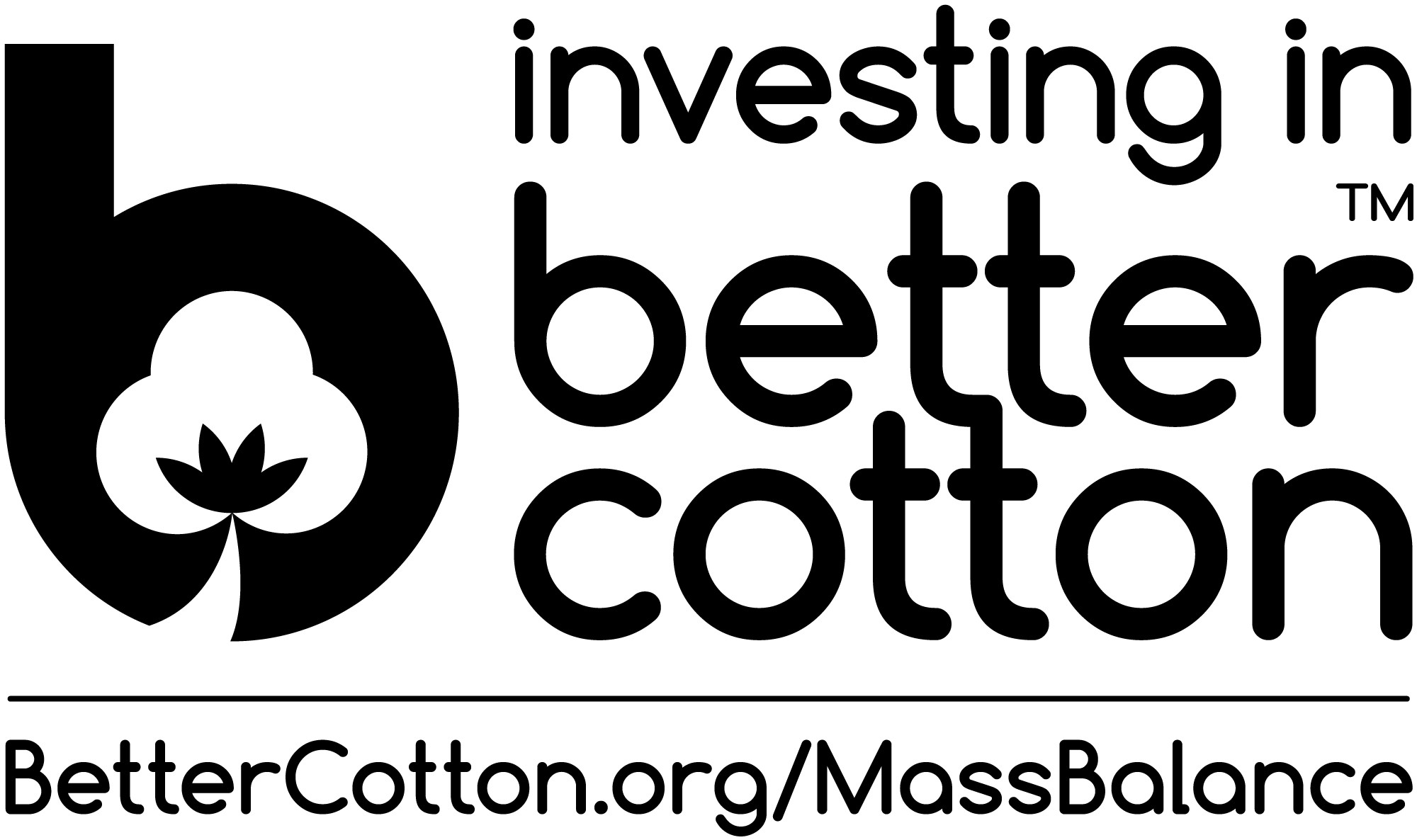BSCI
The Business Social Compliance Initiative is a leading supply chain management system that supports companies to drive social compliance and improvements within the factories and farms in their global supply chains.
The BSCI strong code of conduct has 11 principles that support its members. These range from fair remuneration to no child labour, along with a step-by-step approach that enables companies to monitor, engage, get empowered and receive support to put sustainable trade at the forefront of their business.
OEKO-TEX
The OEKO-TEX certificate is a reliable product label for the assessment of the human ecological quality of textiles for customers/consumers. It is also a uniform standard for manufacturers in the textile and clothing industry. To ensure the best possible quality and reliability each company gets an audit every 3 years. There is also an independent product control body to test the products.
GOTS
The Global Organic Textile Standard is a certificate used for products containing more than 70% organic materials. In addition, the impact of the production process on the environment needs to be reduced to a minimum. This standard sets high requirements on the environmental, social and chemical level throughout the whole supply chain.
A product carrying the GOTS label “organic” must contain a minimum of 95% certified organic fibres, whereas a product with the label “made with organic” must contain a minimum of 70% certified organic fibres.
A certification body checks every transaction between the different links in the supply chain. This means the source and the percentage of organic fibres are guaranteed. During a yearly audit the certification body checks if all the suppliers still meet the requirements.
GRS
The Global Recycled Standard is a standard of certification for products with more than 20% recycled materials. When a product is made with more than 50% recycled materials, the logo can be added.
The recycled materials can originate from pre-consumer or post-consumer waste. Pre-consumer waste is waste that has never reached an end consumer, for example fabric leftovers from a production unit. Post-consumer waste is waste that is produced by the end-consumer in the waste stream.
The objectives of GRS are to ensure accurate content claims and good working conditions, and to minimize harmful environmental and chemical impact.
OCS
The Organic Content Standard 100 applies to any non-food product containing 5-100% organic material. It verifies the presence and amount of organic material in a final product and tracks the flow of a raw material from its source to the final product.
FSC
We use Forest Stewardship Council certified inlays and stiffners in our European production. FSC certification ensures that the wooden components (e.g. inlays, stiffners, boxes,...) come from responsibly managed forests across the world. This management provides environmental, social and economic benefits.
CE labelling
We are CE certified for gloves, potholders and barbecue grill gloves and can offer you all the necessary labelling and instruction manuals. CE certification is necessary for household products used as personal protective equipment to ensure safety.
RDS
The Responsible Down Standard aims to ensure that down and feathers come from animals that have not been subjected to any unnecessary harm.
Fairtrade
Fairtrade is to ensure workers in the supply chain to receive fair wages and good working conditions. It engages brands to commit to fair terms of trade. It also has the intent to reduce negative impacts on workers and environment.
CmiA
Cotton made in Africa is an internationally recognised standard for sustainable cotton from Africa. CmiA has been committed to protecting the environment while improving working and living conditions for smallholder farmers and ginnery workers.
BCI
The Better Cotton Initiative is a global not-for-profit organisation and the largest cotton sustainability programme in the world. BCI exists to make global cotton production better for the people who produce it, better for the environment and better for the sector's future.
REACH
REACH is a regulation of the European Union, adopted to improve the protection of human health and the environment from the risks that can be posed by chemicals, while enhancing the competitiveness of the EU chemicals industry.
It also promotes alternative methods for the hazard assessment of substances in order to reduce the number of tests on animals.
